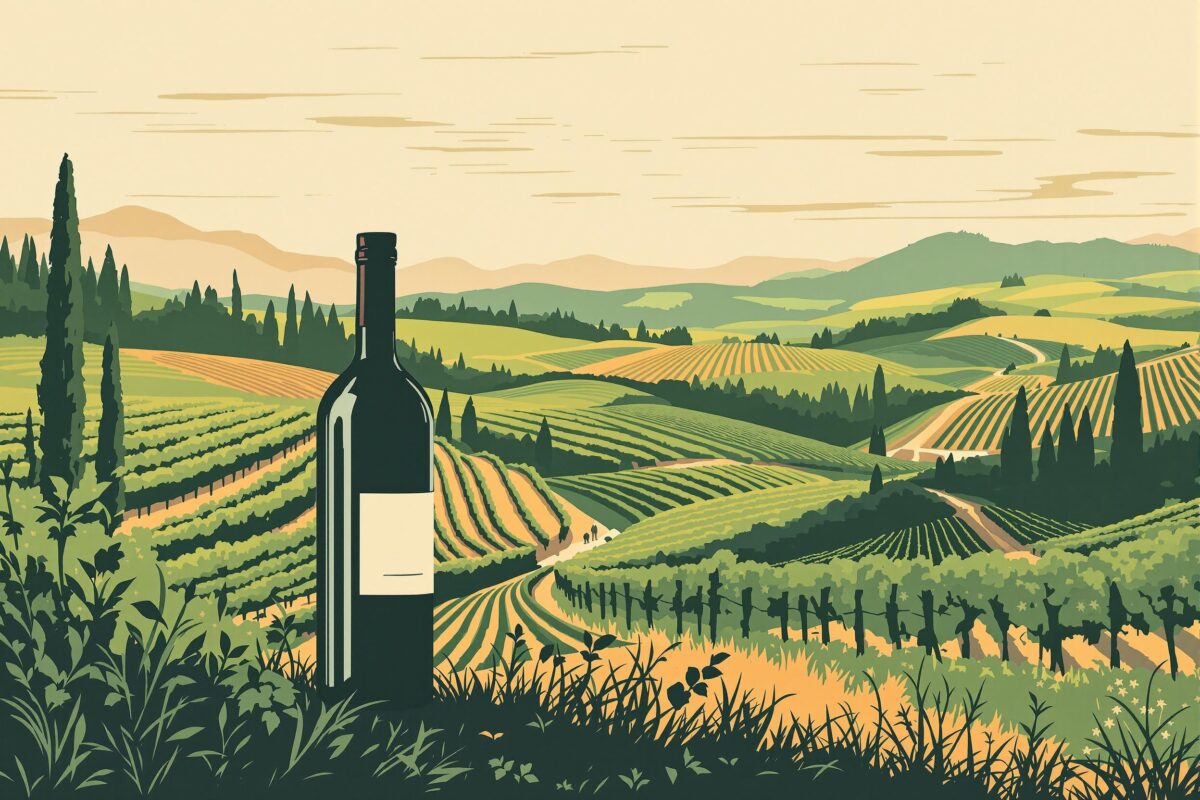The Global Wine Market: A Fascinating Crossroad
The global wine market is at a fascinating crossroads. Shifting consumer behaviors, environmental concerns, and technological advancements are reshaping the industry. This article explores the key dynamics influencing the 2024 wine economy, offering insights for both enthusiasts and professionals.
Introduction: The Big Picture – Overview of Global Wine Trends and 2024 Highlights
2024 marks a pivotal moment for wine. Evolving consumer tastes and sustainability awareness are transforming the industry. Projections show the global wine and spirits market expanding by $193.2 billion between 2024 and 2028, fueled by demand for sustainable and craft beverages. Organic wine is booming, projected to reach $21.1 billion by 2030, with a 10.5% CAGR. These trends signal the importance of organic consumption and sustainability. Businesses like online wine retailer TourDeWine must understand these trends for strategic positioning. What are today’s wine consumption patterns? What do diverse consumers prefer? This analysis delves into these critical questions.
Consumer Preferences: Shifting Patterns in Wine Consumption & Generational Insights
Evolving Wine Consumption Patterns: Health and Lifestyle Choices
Global wine consumption is changing. Health-conscious consumers seek wines aligned with healthier lifestyles, boosting the popularity of low-alcohol options. This isn’t a fad, it’s a fundamental shift. Lifestyle choices matter, too. Modern consumers are experimental, exploring diverse wine styles, regions, and formats. Alternative packaging (cans, paper bottles) is gaining traction due to convenience and eco-friendliness. Businesses must understand these nuances to meet modern demands. For TourDeWine, this means curating a selection that resonates, perhaps offering more low-alcohol or organic wines.
Generational Insights: The Millennial and Gen Z Influence on Wine Trends 2024
Millennials and Gen Z are shaping wine’s future. Their values impact the market. They prioritize ethical sourcing and sustainability, favoring brands committed to eco-friendly practices and social responsibility. This aligns with the rising demand for organic and sustainably produced wines. As digital natives, they discover wines online, via reviews and influencers. This digital fluency presents both opportunities and challenges. TourDeWine could leverage digital marketing and highlight its sustainable offerings to engage these demographics. Ethical sourcing and sustainable practices define these consumers, reshaping market dynamics.
Environmental Focus: Sustainability, Organic Growth, and Challenges in Climate-Impacted Winemaking
Sustainable Wine Production: A Core Tenet of Wine Trends 2024
Sustainability is now central to wine. Consumers, especially younger generations, demand sustainably produced goods. Sustainable wine production minimizes environmental impact across vineyard management, winemaking, and packaging. This includes reducing water usage, minimizing pesticides, promoting biodiversity, and using energy-efficient winemaking techniques. The industry recognizes the long-term risks of unsustainable practices, compounded by climate change’s impact on viticulture. For TourDeWine, highlighting sustainably produced wines and transparently sharing producers’ environmental practices differentiates them, attracting eco-conscious consumers. Sustainable wine production is no longer optional – it’s a necessity.
Organic Wine Consumption: Market Growth and Consumer Demand
The organic wine market is flourishing. It’s projected to hit $21.1 billion by 2030, with a 10.5% CAGR. This reflects the broader trend towards organic products. Organic wine isn’t just about avoiding synthetics; it represents a commitment to health, environmentalism, and authenticity. Demand spans various price points and styles, indicating mainstream appeal. Retailers like TourDeWine must stock diverse organic selections. Highlighting organic certifications attracts consumers seeking these options. Organic wine growth signals evolving consumer values and presents significant industry opportunities.
Climate-Impacted Winemaking: Challenges and Adaptations in Global Viticulture Trends
Climate change poses serious challenges to viticulture. Rising temperatures, altered rainfall, and extreme weather affect grape ripening, wine quality, and vineyard productivity. Winemakers must adapt. This includes exploring drought-resistant grapes, water-efficient irrigation, adjusted vineyard management, and even vineyard relocation. Climate change’s impacts vary regionally, but the overall trend is clear—it disrupts traditional practices and requires proactive adaptation. The wine industry must collaborate, innovate, and commit to sustainability. Understanding viticulture trends in the context of climate change is crucial for long-term planning. TourDeWine can educate consumers about climate change’s impact and support sustainable producers. The challenges are substantial, demanding innovative and collaborative solutions.
